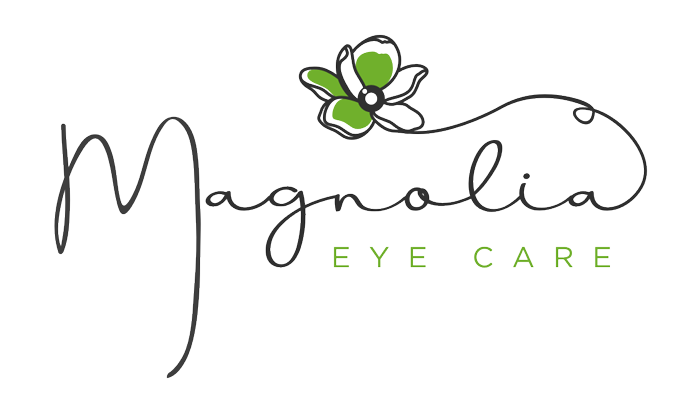
At Magnolia Eye Care, we value your time.
Please take a moment to fill out the patient forms in the following link. Don’t forget and bring your driver’s license and insurance card(s) to your first appointment. Our forms are HIPAA compliant; your information is protected.
Printable Forms
Insurance and Payments
At Magnolia Eye Care, our goal is promote good eye health and enable you to have the clearest vision possible. We accept several types of vision insurance, cash, checks, and most credit cards. We inform our King patients about exam and treatment costs at the beginning of your appointment. If you require a breakdown of costs, please let us know.
Vision Insurance
The knowledgeable staff at Magnolia Eye Care is experienced in working with vision insurance providers. We will work directly with you and your vision insurer to submit claims regarding your vision care. We strive to ensure that you understand your insurance coverage and will answer any questions you may have regarding your benefits. Many current vision plans are designed to cover many of the basic vision-related costs, but not all costs associated with eye care. Most plans often require a co-payment for an office appointment as well as additional costs that are covered by the insured patient.
We are considered in network for EyeMed, Vision Service Plan (VSP), Community Eye Care, and Superior Vision.
Contact our office at 336-296-0012 to find out if your insurance provider is accepted in our office or for more information about your vision coverage.
Flexible Spending Accounts
Many employers are offering Flexible Spending Account (FSA) options to employees. Sometimes these are referred to as cafeteria plans and are elective, supplemental insurance savings plans. These plans are designed to let you save money in an account, pre-tax, to pay for additional medical expenses such as eye exams, glasses, contacts, and often laser vision surgery. Check with the benefits administrator at your work to see if you are eligible for this program. FSAs can typically be used in conjunction with any vision insurance plan to offset any out-of-pocket costs on your behalf.
Medical Insurance
Your medical eye care is often covered by your medical insurance as well. Co-pays and deductibles still apply, but people who have a systemic or eye disease may use their medical insurance for a portion of their visit. Routine eye exams and refractions are not considered medical in nature, but diabetic eye exams, management of glaucoma, and more are considered medical eye care.
We participate with Blue Cross Blue Shield of North Carolina, United Health Care, Medcost, Medicare, Humana, and more.
